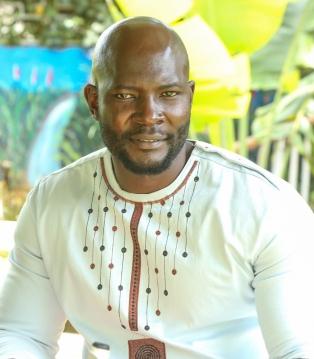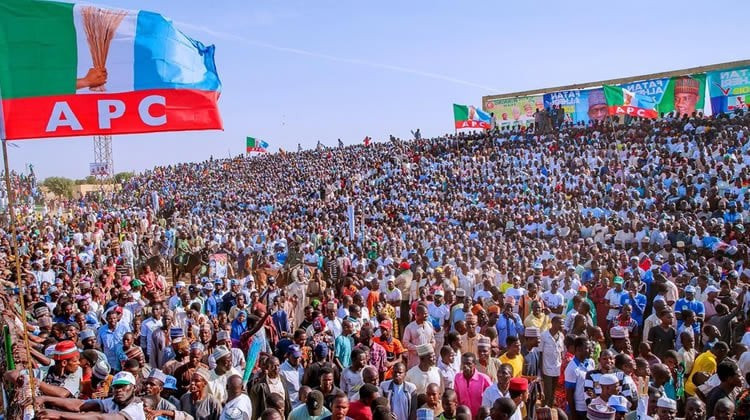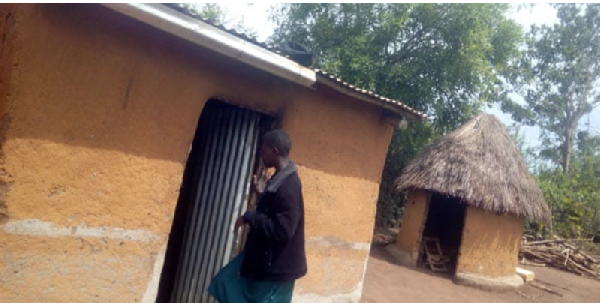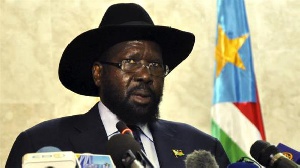News Africa
Russia’s policy strategies not addressing sustainable development goals in Africa

The Russia-Ukraine crisis thrust many countries, including Africa into a geopolitical conundrum. As different global actors navigate the troubled geopolitical waters resulting from the attempted hegemonic shift in global power, it is important that neither the East, the West and its European allies nor Russia take Africa’s support for granted.
In this short but insightful interview conducted by Kestér Kenn Klomegâh with George Nyongesa, a Senior Associate at the Africa Policy Institute in Nairobi, Kenya, and a Tutorial Fellow and PhD candidate at University of Nairobi, focused concretely on Russia and Africa relations, Russia’s ineffective policy strategies and challenges in implementing its policy goals in African countries. Here are the interview excerpts.
Q: Historically, Russian influence on African countries has largely pivoted around hypersonic anti-Western rhetoric; but does such still have relevance in post-colonial and independent African countries?
George Nyongesa: Russia has long had cordial relations with many African countries thanks to ties established during the Soviet era, where their shared mistrust of the West and similar economic and ideological goals frequently led to alignments. However, the nostalgia for the former Soviet Union is waning along with the generation of African leaders who benefited from it. This fact continues to undermine Russia’s relevance and perceived usefulness to Africa, especially among the new crop of leaders.
Generally, the younger African generations, who make up a sizable portion of the continent’s population, grew up when Russia had only a semblance of the gravitas of the former Soviet Union. This is noteworthy because the African continent is fast transitioning towards democracy and development. Against this background, the invasion of Crimea and Ukraine has not done much to win Russia the respect of African countries. Besides, numerous new issues arose following the fall of the Soviet Union, and this seems to have overshadowed Russia’s strategic position to work with Africa. Since then, a lot has been lost and no doubt other powers especially the Westerners, Europeans and Asians jumped in to fill the void.
Q: What next for Russia in Africa?
George Nyongesa: In a nutshell, it is imperative that Russia takes its foreign economic policy initiatives seriously as it seeks an assertive posture on the global stage, even as it juggles with its efforts to regain influence in Africa. In the past, anti-western rhetoric worked easy magic in building alignment, but currently majority of the continent is largely focused on democratization and economic emancipation.
For this reason, representatives from the United States, the European Union, and even the Gulf States discuss Africa from various angles, but their main focus is on how to establish their economic presence on the continent. For instance, following their previous EU-AU summit, both parties reached consensus on a number of infrastructure and investment projects. In particular the EU already has an investment program that they claim would create links, not dependencies, at cost €300 billion ($340 billion) to finance new investment initiatives that are similar to China’s Belt and Road Initiative.
As competing global powers continue to court Africa, it is interesting to note that Russia rarely discusses the African Continental Free Trade Area (AfCFTA). The AfCFTA could, at the very least, provide a framework for economic diplomacy towards resetting commercial ties between Russia and Africa. As things currently stand, Russia’s geopolitical stake in the continent of Africa is barely noticeable. For instance, Russian direct investment into Africa is significantly less than that of Europe and North America, totaling less than 1%. Also, Russian direct assistance is scarce, largely symbolic and frequently takes the form of in-kind donations to humanitarian crises or forgiveness of debt. In addition, compared to Africa’s large trading partners like Europe and the United States, trade between Russia and Africa in 2020 totaled $14 billion, or about 2% of the continent’s overall trade.
In summary, it seems the strongest aspect of Russia’s relations with Africa should be robust economic cooperation. If Russia’s foreign economic agency paid attention to AfCFTA, which promises to create a single borderless market, they would find numerous potential opportunities for “win-win” cooperation. It is Chinese strategic style, which challenges Western and European powers even as it capitalizes on localization, production and marketing of consumer goods and services across Africa.
Source: Thepressradio.com|Kestér Kenn Klomegâh





